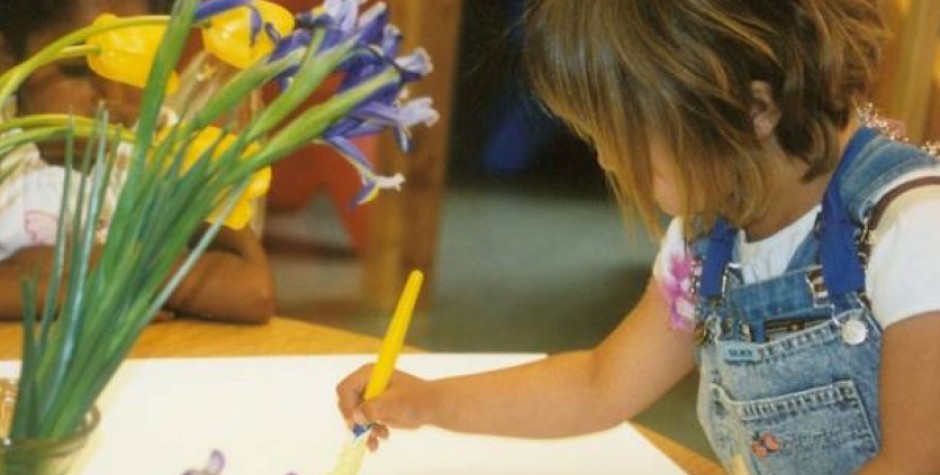Classroom Climate
Creating a classroom climate with students that is inclusive, inspiring, supportive, and open to diverse perspectives has guided my practice since I began my teaching career as a primary classroom teacher 18 years ago. In my role as a lecturer at UBC, I have continued to draw on this approach to teaching and learning with undergraduate and graduate students. My philosophy of teaching has also been influenced by a community of learners’ concept (Brown & Campione, 1994). This approach to teaching and learning acknowledges that all learners have beliefs about how the world works based on their prior experiences. My interpretation of this perspective is that learning is a participatory, transactional, and transformative process that is based on interaction, dialogue, and collaboration.
Interactive Learning
In my university courses and seminars, I encourage students to be active and reflective participants in multiple ways. Student participation frequently occurs through small and large group discussions; during these conversations, the students often share their prior learning and teaching experiences with each other. The students also discuss and make connections between theory and practice and share their knowledge through individual and group presentations. In addition, students articulate their perspectives on the content of the assigned readings (e.g., theory, methodology, ethical issues, data collection and analysis) through reading responses and student and instructor-initiated conversations. I also provide opportunities for my graduate and undergraduate students to engage with children and educators in the broader early childhood community by visiting exemplary early childhood centres, Kindergarten classrooms, elementary school settings, and Outdoor/Forest schools.
Critical Engagement
Due to my teaching experiences in inner-city primary classrooms and a university setting, I have learned that creating responsive, safe, and collaborative spaces with students allows them to freely and thoughtfully express their philosophical beliefs and values on learning and education. This approach to learning and sharing reflects a social constructivist (Vygotsky, 1978) model which recognizes that learning is a continual process in which learners are integrated into a knowledge community. This perspective acknowledges the collaborative nature and cultural impact of knowledge construction. This philosophy guides my practice as this understanding values learners’ critical perspectives and contributions, and recognizes the interactive nature of learning.
Providing Support & Guidance
Providing support, guidance, and mentorship to undergraduate and graduate students is an experience that I highly value and is one that I embrace in my multiple roles as a lecturer, faculty advisor for teacher candidates, and supervisor for graduate students. During my tenure at UBC, this support has occurred in various forms: providing timely written and verbal feedback on graduating projects, course assignments, and lesson plans; meeting with graduate students in focus groups to provide academic writing support; informal meetings with undergraduate students and teacher candidates to discuss best practices in early childhood education; and, connecting Kindergarten and Primary teacher candidates with MEd and MA students so they can acquire additional support and guidance on teaching strategies, assessment methods, and classroom climate techniques. I also value learning about my students’ personal histories and prior learning experiences, their cultural values and beliefs, and their varied research interests in relation to young children, their families, and children’s broader social networks and communities.
Brown, A. & Campione, J.C. (1994). Guided discovery in a community of learners. In K. McGilly (Ed.), Classroom lessons: Integrating cognitive theory and classroom practice. Cambridge, MA: MIT Press.
Vygotsky, L. (1978). Mind in society: The development of higher psychological processes. Cambridge, MA: Harvard University Press.
